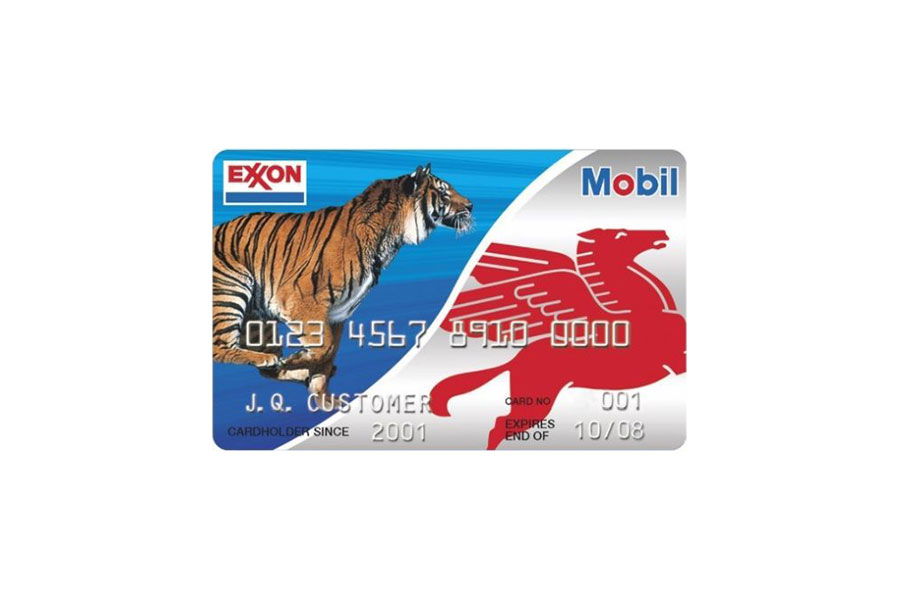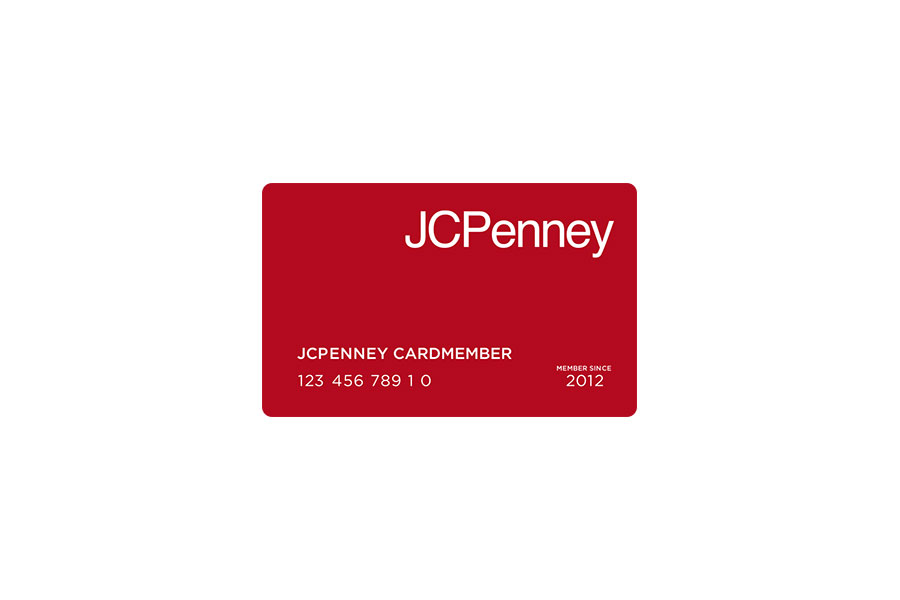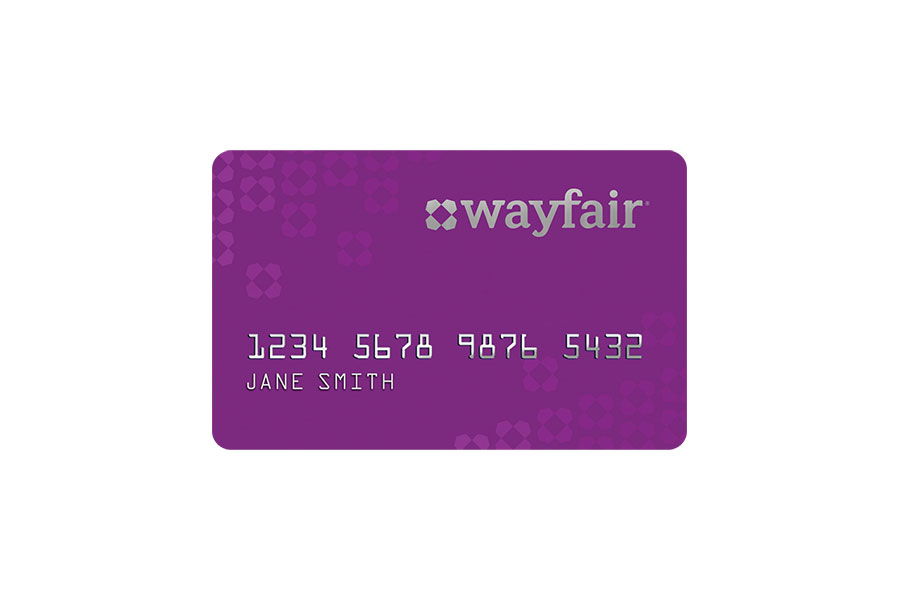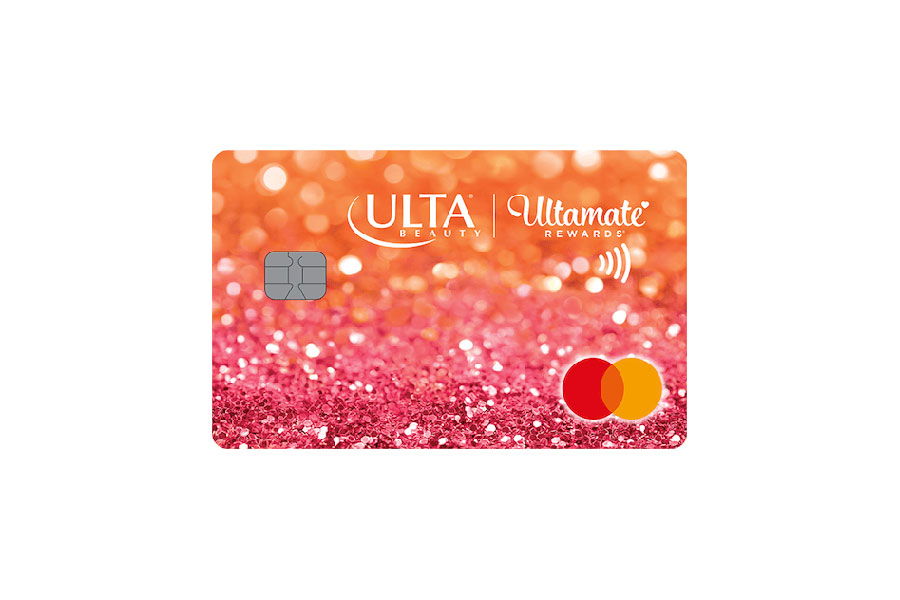The ExxonMobil Smart Card offers convenient rewards and savings on fuel purchases, making it an attractive option for frequent ExxonMobil customers. Whether you’re looking to save on gas or streamline your fuel expenses, knowing what it takes to get approved for this card can help you prepare your application.
Minimum Credit Score for ExxonMobil Card
A credit score of 580 or higher is typically recommended for the ExxonMobil Smart Card. While applicants with lower scores may still be considered, having a higher score will significantly improve your chances of approval. Keep in mind that Citi considers more than just your credit score when evaluating your application, so it’s important to focus on other factors as well.

Exxon Smart Card Features
The Exxon Smart Card, powered by Citi®, offers a blend of rewards and features tailored for regular patrons of Exxon. If you’re weighing whether this is the perfect card for your wallet, let’s sift through its main attributes and considerations.
Key Points to Consider
- Steep APRs: Sporting a variable purchase APR of 28.74%, this card might not be the best fit for those who tend to carry forward a balance.
- No Annual Fee: An attractive feature for many, especially for those on the hunt for a hassle-free rewards card. You’ll reap rewards on your purchases without the burden of an annual fee.
- Credit Requirements: Aim for a credit score above 650. With this score or higher, your chances of getting approved are fairly promising.
Pros and Cons of the Exxon Smart Card
Pros:
- No annual fee.
- Opportunity to earn rewards with each purchase.
- Reports to multiple credit bureaus, potentially aiding your credit profile with responsible use.
Cons:
- The purchase APR is on the higher side compared to industry averages.
- Lacks an enticing signup bonus that many other cards boast.
- Rewards don’t apply to every purchase you make; only gas purchases.
- This Exxon credit card falls short when it comes to additional credit card perks and benefits commonly found with other issuers.
What else do I need to get approved for an ExxonMobil gas card?
While your credit score is a crucial factor in determining your eligibility, it’s not the only aspect that Citi considers when reviewing your application. Here are some other factors that can influence your chances of getting approved:
- Income: A stable income is essential to show that you have the means to repay your credit card balance. The higher your income, the more likely you are to be considered creditworthy.
- Debt-to-income ratio: This ratio compares your total monthly debt payments to your gross monthly income. A lower debt-to-income ratio indicates that you have a better handle on your finances, which can boost your chances of approval.
- Credit history: A solid credit history demonstrates your ability to manage credit responsibly. Issuers like to see a mix of credit types, such as installment loans and revolving credit, as well as a history of on-time payments.
- Credit utilization: This refers to the percentage of your available credit that you’re currently using. A lower credit utilization rate (below 30%) signals responsible credit management and can improve your odds of being approved.
- Recent credit inquiries: Too many hard inquiries in a short period can negatively impact your credit score and signal that you may be a higher risk borrower. Limit your applications for new credit to avoid this issue.
Strategies to Increase Your Chances of Getting Approved for an ExxonMobil Smart Card
To maximize your chances of approval, consider taking these steps before applying:
- Review your credit report: Obtain a copy of your credit report from the three major credit bureaus – Experian, Equifax, and TransUnion – and review it for any errors or inaccuracies. Dispute any incorrect information to improve your credit score.
- Pay down existing debt: Reducing your outstanding balances can lower your credit utilization rate and boost your credit score, making you more attractive to potential lenders.
- Avoid applying for multiple credit cards: Each application triggers a hard inquiry, which can hurt your credit score. Limit your applications to only the cards you genuinely need to avoid damaging your credit profile.
- Maintain a positive payment history: Make it a priority to pay all your bills on time, as late or missed payments can significantly hurt your credit score. Setting up automatic payments can help you stay on track.
Consider Professional Credit Repair Services
If you’re struggling with a low credit score, addressing negative items on your report—like late payments or charge-offs—can help. Credit repair services, such as Credit Saint, offer assistance by disputing these items and working to improve your credit profile. If you’re interested, you can visit their website for a free consultation to explore your options.
Conclusion
Securing approval for the ExxonMobil Smart Card requires more than just meeting the minimum credit score. By managing your credit responsibly, reducing outstanding debt, and keeping an eye on other factors like your income and credit history, you’ll improve your chances of getting approved.
Take the time to review your credit report and strengthen your financial profile to make sure you’re in the best possible position before applying.



